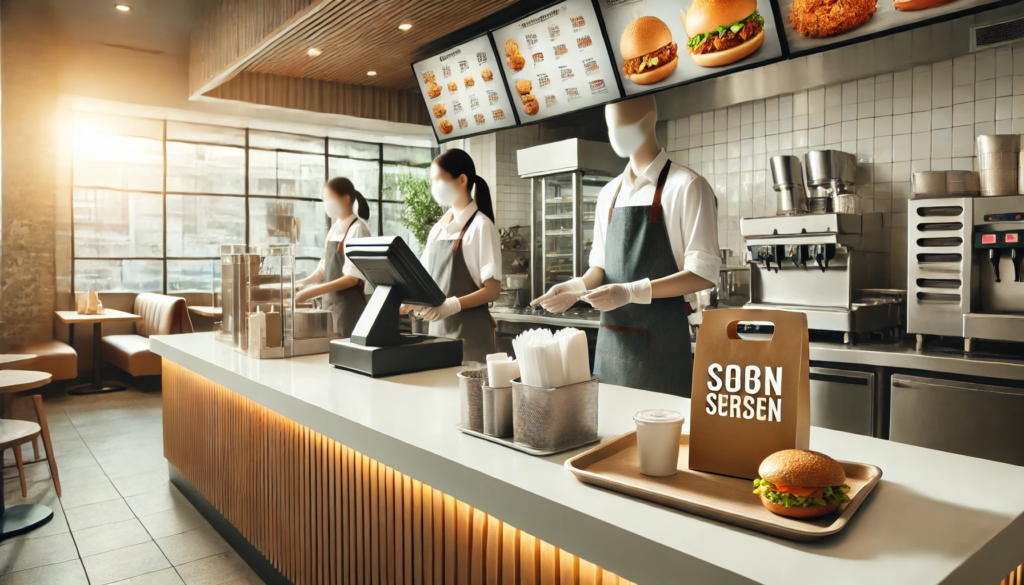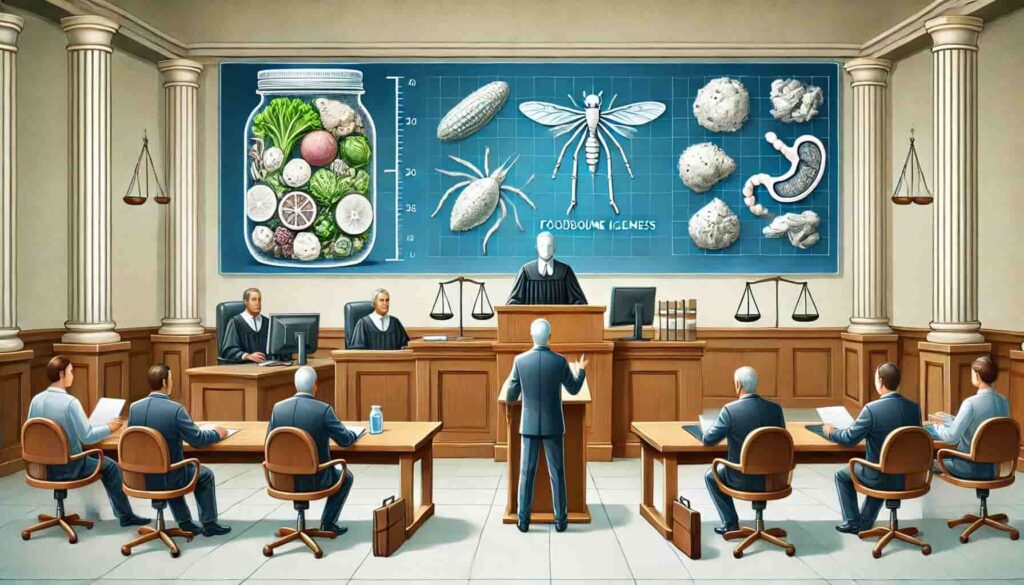If you’ve contracted astrovirus after dining at Hardee’s in Virginia, you may be considering legal action. Foodborne illnesses are not just an inconvenience—they can cause severe health problems and disrupt daily life. In this comprehensive guide, we’ll explore everything you need to know about filing a lawsuit for astrovirus contracted at Hardee’s, including legal rights, evidence collection, and what to expect during the legal process.
Understanding Astrovirus and Its Impact
What is Astrovirus?
Astrovirus is a virus that primarily targets the gastrointestinal system. It is a common cause of diarrhea and is often contracted by consuming contaminated food or water. While typically mild, the virus can cause severe symptoms in vulnerable individuals such as young children, the elderly, and those with weakened immune systems. Symptoms usually appear within one to four days of exposure and may include:

- Watery diarrhea
- Nausea and vomiting
- Abdominal pain
- Fever and fatigue
Astrovirus from Hardee’s: A Case Study
Incidents at Hardee’s in Virginia
Hardee’s is a popular fast-food chain, but like any restaurant, it has a responsibility to ensure the safety of its food. Several foodborne illness outbreaks have been reported in the past, with astrovirus being a potential concern. If contaminated food was served at a Hardee’s location in Virginia, it could result in multiple customers falling ill.
Can I Sue for Astrovirus from Hardee’s in Virginia?
Legal Grounds for Filing a Lawsuit
Yes, you can sue if you contracted astrovirus from food at Hardee’s in Virginia. There are two primary legal principles at play:
- Negligence: If Hardee’s failed to meet standard food safety practices, leading to contamination, this constitutes negligence. For example, improper storage or preparation of food could result in viral contamination.
- Product Liability: Even if negligence cannot be directly proven, you may still have a case under product liability laws. Food served at restaurants is considered a product, and it must be safe for consumption.
How to Prove Your Case
Proving your case requires clear evidence linking your illness to the food you consumed at Hardee’s. Here’s a step-by-step guide:

1. Gather Medical Records
Your medical records should confirm that you were diagnosed with astrovirus. These records will also detail the severity of your symptoms and the treatment you received.
2. Obtain Proof of Purchase
Receipts, bank statements, or digital payment records can serve as evidence that you purchased food from Hardee’s.
3. Document Symptoms and Impact
Maintain a detailed record of your symptoms, including when they began and how they progressed. If the illness caused you to miss work, document lost wages as well.
4. Seek Witness Statements
If others dined with you and experienced similar symptoms, their testimonies can strengthen your case.
5. Health Department Reports
Reports from the Virginia Department of Health about food safety violations at Hardee’s can provide crucial supporting evidence.
Legal Process in Virginia
Step 1: Consult an Attorney
Consulting a personal injury attorney experienced in foodborne illness cases is the first step. They can assess the viability of your case and guide you through the process.
Step 2: Filing the Lawsuit
Your attorney will file a complaint detailing your claims against Hardee’s, including evidence of negligence or product liability.
Step 3: Discovery Phase
During discovery, both parties exchange information, including medical records, receipts, and any relevant reports.

Step 4: Settlement or Trial
Many food poisoning cases are resolved through settlements. However, if no agreement is reached, the case proceeds to trial.
Potential Compensation
If your lawsuit is successful, you may be entitled to compensation for:
- Medical expenses
- Lost wages
- Pain and suffering
- Emotional distress
- Legal fees
Example Table: Types of Compensation
| Category | Description | Example |
| Medical Expenses | Costs for diagnosis and treatment | Hospital bills, medication costs |
| Lost Wages | Income lost due to inability to work | Days missed at work |
| Pain and Suffering | Compensation for physical and emotional pain | Chronic symptoms, mental anguish |
Preventing Foodborne Illness
Consumers can reduce the risk of foodborne illnesses by:
- Checking for restaurant hygiene ratings.
- Avoiding undercooked or improperly stored food.
- Washing hands thoroughly before eating.
FAQs
1. How Long Do I Have To File A Lawsuit?
In Virginia, the statute of limitations for personal injury claims is two years.
2. What If I Don’t Have A Receipt?
You can use bank statements or digital payment records as proof of purchase.
3. Can I File A Class-Action Lawsuit?
Yes, if multiple individuals were affected, a class-action lawsuit might be an option.
4. What Is The Average Settlement For Foodborne Illness Cases?
Settlements vary but can range from a few thousand dollars to over $100,000 depending on the severity of the case.
5. Do I Need To Hire An Attorney?
While not mandatory, hiring an attorney increases your chances of success.
Conclusion
Suing for astrovirus contracted at Hardee’s in Virginia is a viable option if you can prove negligence or product liability. By gathering strong evidence and working with an experienced attorney, you can seek compensation for your suffering. This guide provides the tools and knowledge needed to navigate the process effectively. If you believe you have a case, consult a lawyer promptly to protect your legal rights.


